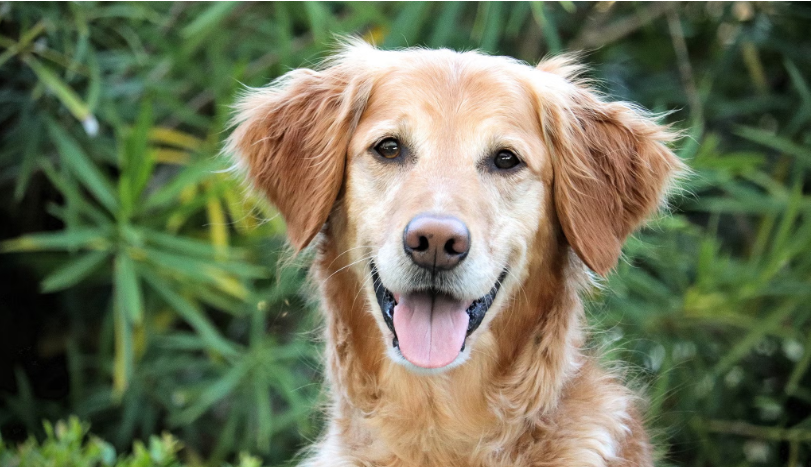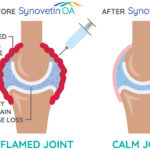Novel Cancer Vaccine Brings New Hope to Dogs—and Their Families
When 11-year-old Hunter, a three-legged golden retriever and former search-and-rescue dog, was diagnosed with osteosarcoma, the outlook was grim. This aggressive bone cancer claims the lives of roughly 65 percent of affected dogs within a year. Hunter underwent standard treatment—amputation and chemotherapy—but his owner, Deana Hudgins, also enrolled him in a clinical trial for a novel immunotherapy vaccine developed by Yale’s Dr. Mark Mamula. Two years later, Hunter shows no signs of cancer and has returned to his playful, unstoppable self.
A New Weapon Against Canine Cancer
Dr. Mamula, a rheumatology expert turned cancer researcher, designed the vaccine to provoke a broad immune attack on tumor cells. Rather than using a single-target monoclonal antibody, his approach induces a polyclonal response. This means multiple antibodies bind different regions of proteins like EGFR and HER2—molecules that many tumors, including osteosarcoma, overexpress. By engaging the immune system more comprehensively, the vaccine aims to reduce the chance of treatment resistance.
From Autoimmunity to Antitumor Immunity
Mamula’s journey began in autoimmune disease research—studying how the body mistakenly attacks its own tissues in lupus or Type 1 diabetes. He realized that tumors, like autoimmune targets, are “self” tissues that the immune system normally tolerates. By applying lessons from autoimmunity, his team crafted a compound that convinces the body to recognize and destroy cancer cells instead.
A chance collaboration with veterinary oncologist Dr. Gerry Post led to the first dog trial in 2016. Dogs and humans share striking similarities in how cancers develop, respond to chemotherapy, and spread—making canine trials a powerful model for both veterinary and human oncology.
Clinical Trials and Real-World SuccessSince 2016, over 300 dogs at 10 sites in the U.S. and Canada have received the vaccine alongside standard therapies. Key findings include:
- 12-month survival rates rose from about 35 percent to 60 percent in dogs with tumors that overexpress EGFR or HER2.
- Many dogs experienced significant tumor shrinkage.
- Treated dogs reported fewer side effects than with chemotherapy alone.
Hunter’s owner credits the vaccine for his remission, noting that he remains active, happy, and pain-free more than 22 months post-diagnosis.
Beyond Dogs: A Broader Vision
While Dr. Mamula and his company TheraJan pursue USDA approval for canine use, they’re already eyeing human trials. If this vaccine platform proves safe and effective in people, it could revolutionize cancer care by offering a more durable immune response than conventional monoclonal antibodies.
Veterinary oncologists herald this vaccine as a “revolutionary” addition to their toolkit. With canine cancer treatments having languished with little innovation for decades, this immunotherapy represents a major leap forward.
What’s Next?
- USDA regulatory review and potential market release for dogs
- Expanded trials in additional canine cancers, such as hemangiosarcoma and transitional cell carcinoma
- Early-phase human clinical trials to assess safety and efficacy
For now, owners like Deana Hudgins celebrate every extra day with their dogs. “If we can provide pain-free time together,” she says, “that’s the best outcome imaginable.” With each successful treatment, this vaccine brings us closer to a future where cancer in dogs—and perhaps humans—can be managed with precision immunotherapy rather than just cut away.
source: https://news.yale.edu/2024/03/05/novel-cancer-vaccine-offers-new-hope-dogs-and-those-who-love-them







